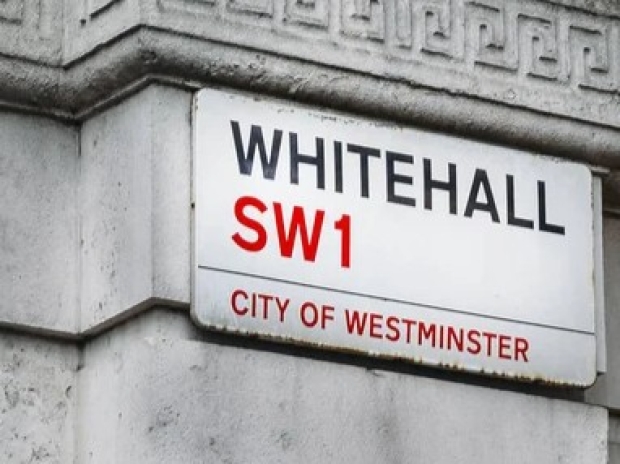Two senior British officials told the Financial Times that the Home Office, which in January ordered the tech cult to grant access to its most secure iCloud service, would likely be forced to retreat after a sharp pushback from Washington.
A UK technology department official said: “This is something that the vice-president [JD Vance] is very annoyed about and which needs to be resolved. The Home Office is basically going to have to back down.”
The officials said the UK demand for Job’s Mob to break its end-to-end encryption has repeatedly been raised by senior figures in Trump’s administration, including vice-president JD Vance. The row is already threatening wider technology partnerships with the US.
“One of the challenges for the tech partnerships we’re working on is the encryption issue. It’s a big red line in the US. They don’t want us messing with their tech companies.”
Starmer’s lot have been touting a shiny digital trade strategy focused on artificial intelligence and data-sharing deals, but the Home Office’s bungled handling of Apple has now backed them into a corner.
The second senior official said the Home Office “now had its back against the wall. It’s a problem of the Home Office’s own making, and they’re working on a way around it now.”
In January, the Home Office fired off a “technical capability notice” under the UK Investigatory Powers Act, the so-called snooper’s charter, demanding that Job’s Mob build a secret back door so spooks and plods could rummage around in user data that even Apple itself can’t unlock.
Under that law, companies hit with such orders can’t even tell customers it’s happening unless they get the Home Secretary’s blessing.
The move triggered the most high-profile encryption fight in nearly a decade. Apple responded in February by pulling its most secure cloud service out of the UK and is taking the government to the Investigatory Powers Tribunal, the body that handles complaints about Britain’s security agencies.
Meta-owned WhatsApp piled in last month, backing Apple’s legal challenge in an unlikely Silicon Valley alliance. Meanwhile, the Home Office is still dragging the case through the tribunal and its lawyers huddled earlier this month over the next legal manoeuvres. “At this point, the government has not backed down,” said someone close to the process.
A third UK official admitted ministers don’t want to trigger anything “that looks to the US vice-president like a free-speech issue.”
Vance, in a speech at the Munich Security Conference in February, claimed free speech and democracy were being throttled by European elites. That stance has boxed in the UK’s future plans, especially on AI regulation, which Labour has delayed until after May next year.
Trump himself has blasted the UK approach to encryption, calling it “something… that you hear about with China” and bragging that he told Starmer directly: “You can’t do this.”
US director of national intelligence Tulsi Gabbard warned the UK order would be an “egregious violation” of Americans’ privacy and risked blowing up the two countries’ data-sharing agreement.
Apple, unsurprisingly, refused to comment beyond its February statement: “We have never built a back door or master key to any of our products, and never will.”
The Home Office has previously insisted Britain has “robust safeguards and independent oversight to protect privacy” and claimed these invasive powers are “only used on an exceptional basis, in relation to the most serious crimes.”




